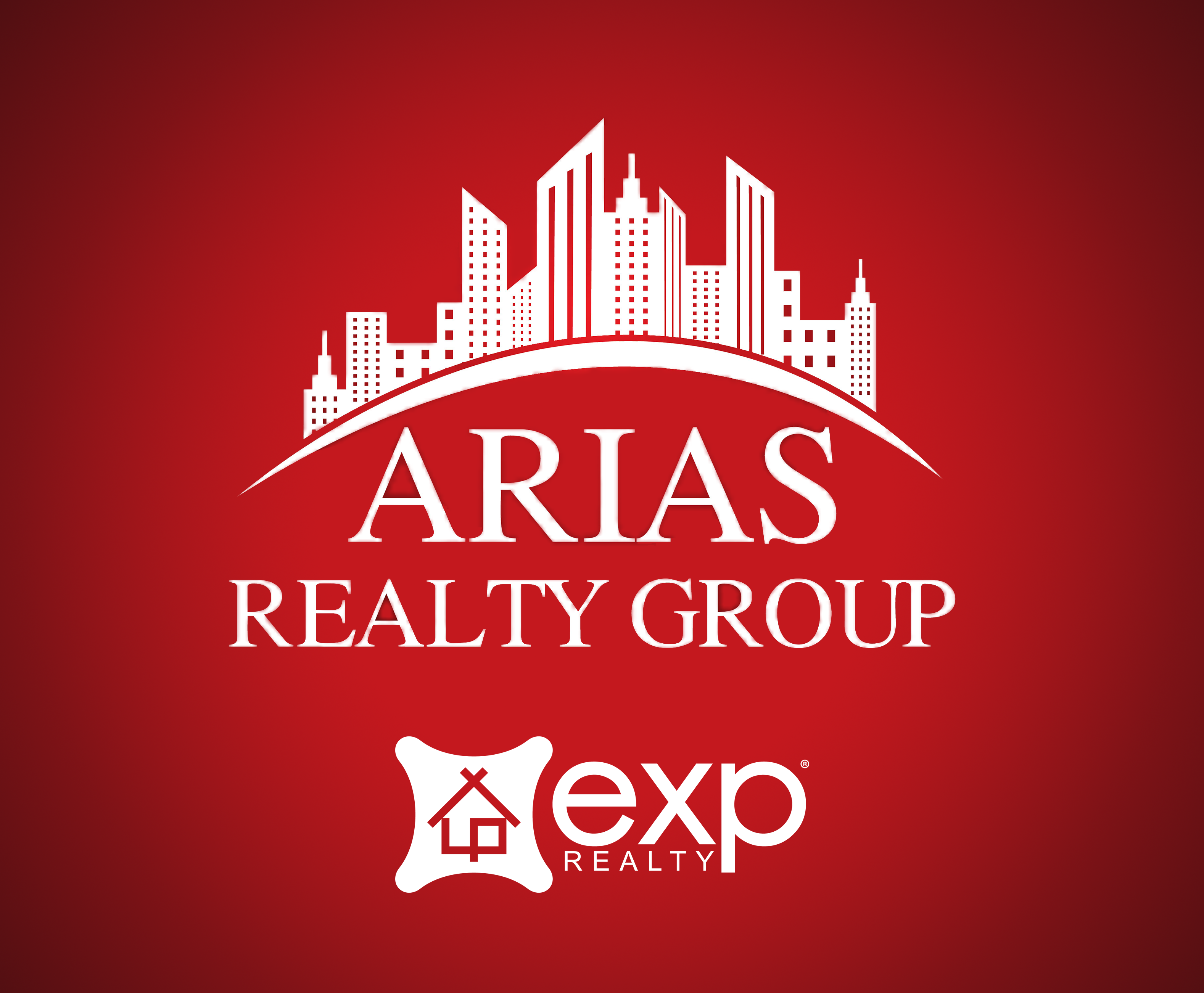An escrow is really two things:
First, the general definition of an escrow is a third-party company that handles all the transactions between the buyer and seller, but ‘escrow’ is also a term used when you open escrow, which means that the buyer has three days to make their earnest money deposit (typically around 1% of the purchase price of the home). This money can be delivered as a check or else wired online, but be careful of wire fraud!
There are a few other timelines that are important to note during the escrow process. Buyers need to be aware of the 17-day inspection and appraisal contingency; during this time, the buyer has the option to hire a professional general inspector to give them a report of all the things, both good and bad, about the property, so they can decide to proceed with the transaction or not.
Also during this period, buyers will also receive disclosures from the seller that will tell them everything about the property’s history, as well as information from the title company regarding any liens or other potentially damaging factors in your decision. Once all the information has been reviewed from these processes, the seller will then ask the buyer to release those contingencies, meaning you’ll no longer be able to cancel escrow due to an issue with inspections or appraisals.
For those doing a loan, the last contingency is the 21-day loan contingency. This is the time period your lender is given to get you a full loan approval before you decide to release all contingencies.
If you have any questions, don’t hesitate to reach out to me. I’d love to speak with you.



